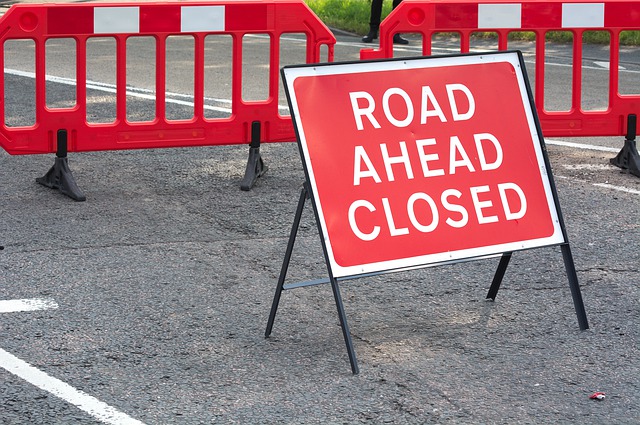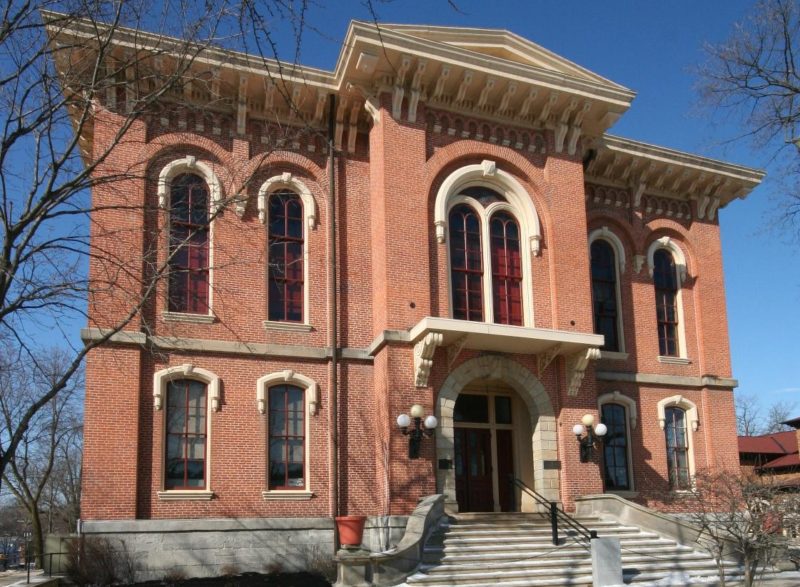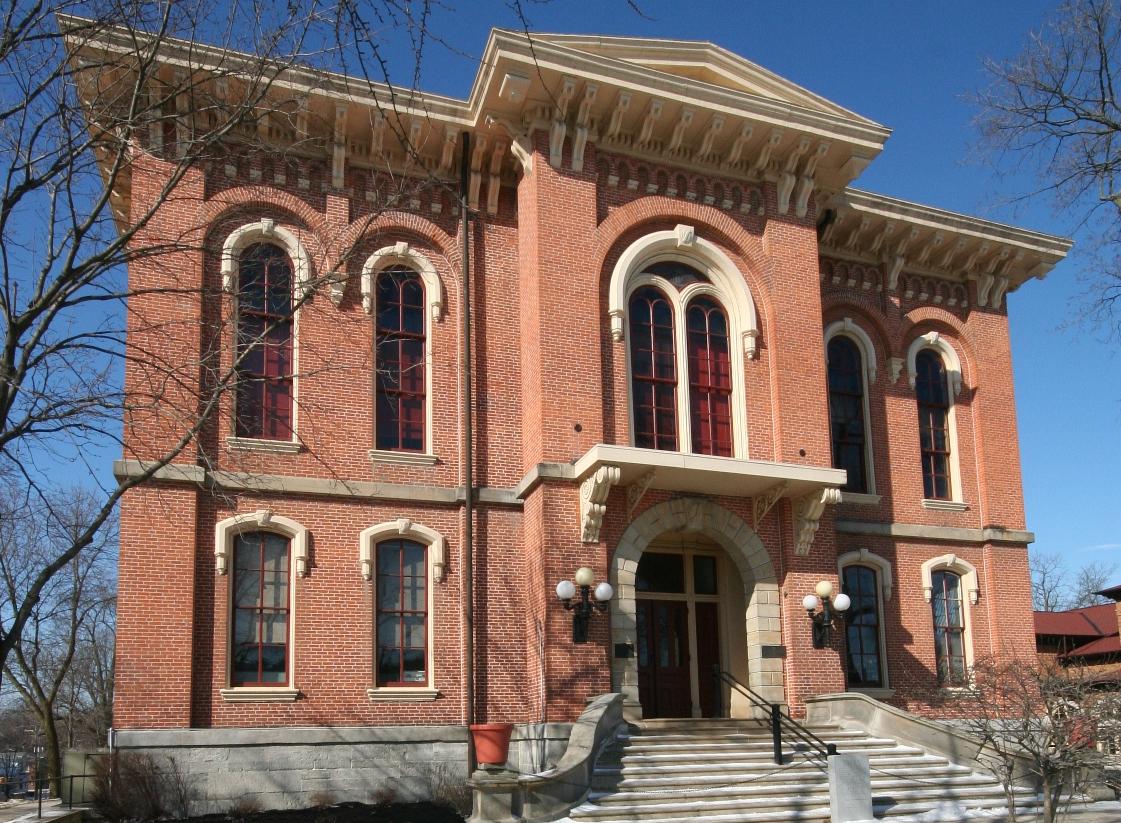Earlier this week, the Delaware County Commissioners approved placing a renewal-and-increase levy for 9-1-1 services and emergency communications in the County on the Nov. 3 ballot.
The five-year levy, if approved by voters, would renew the existing 0.63-mill levy and add 0.05 mill for a total 0.68 mill.
Property owners currently pay $17.63 per $100,000 of market value per year for the existing levy, which expires at the end of 2021. The new levy would add $1.75 to that tab for a total of $19.38 annually. Collection of the tax would begin in 2022. The levy would generate a total of $4.5 million per year, according to the Delaware County Auditor’s Office.
“We have considered multiple scenarios as we aim to maintain the level of service that our residents and visitors have come to expect,” said Patrick Brandt, director of Delaware County’s Emergency Communications Department. “This modest increase allows us to replace equipment as needed, but also accounts for a softer economy due to COVID-19.”
“Once every 5 years, our residents have an opportunity to give their stamp of approval and appreciation for the professionalism displayed routinely by our 9-1-1 management and staff,” said Delaware County Commissioner Gary Merrell. “Those of us who have had occasion to need their services also know how fortunate we are to have such quality people serving us.”
Merrell added: “Being privileged to serve on the 9-1-1 Board, I have seen firsthand the quality of services provided by our 9-1-1 Center. The Board is made up of representatives from law enforcement, fire departments, cities, and emergency services. Their expertise also is important in providing the quality of services we all expect, and appreciate.”
In 2019, Delaware County’s 9-1-1 Center processed 40,794 9-1-1 calls and 65,956 non-emergency, administrative calls. A total of 3,151 alarm calls were handled electronically, while 58 “text to 9-1-1” calls came in.
The County’s 9-1-1 Center also runs the communications system for first responders in Delaware County, as well as maintains the portable and mobile radios used by these forces. In 2019, this radio system processed 6,659,414 “request to communicate” interactions from first responders.










